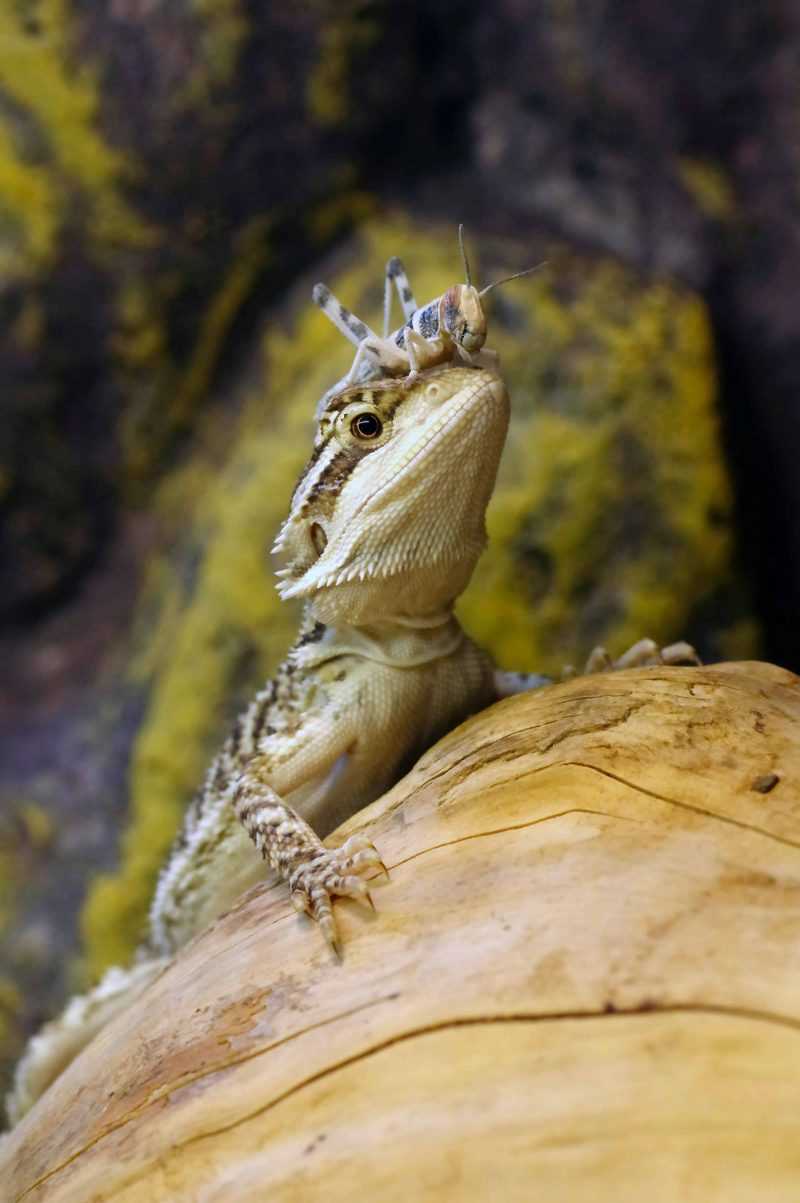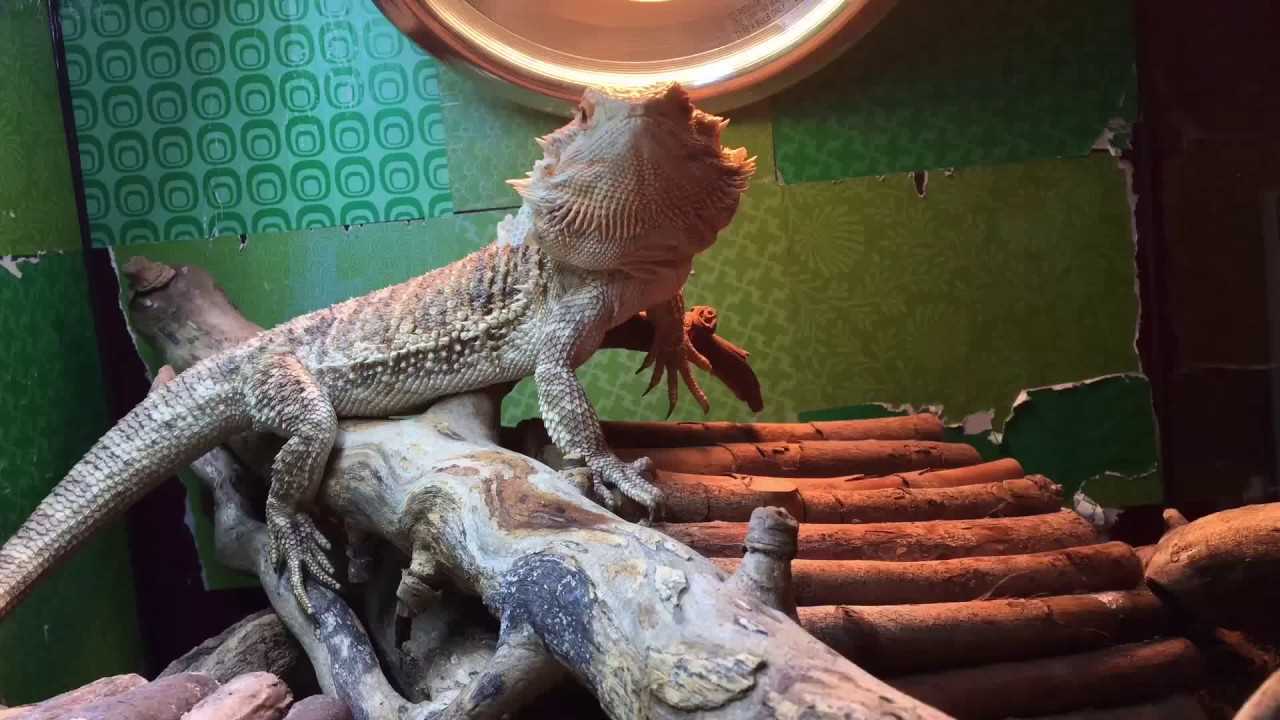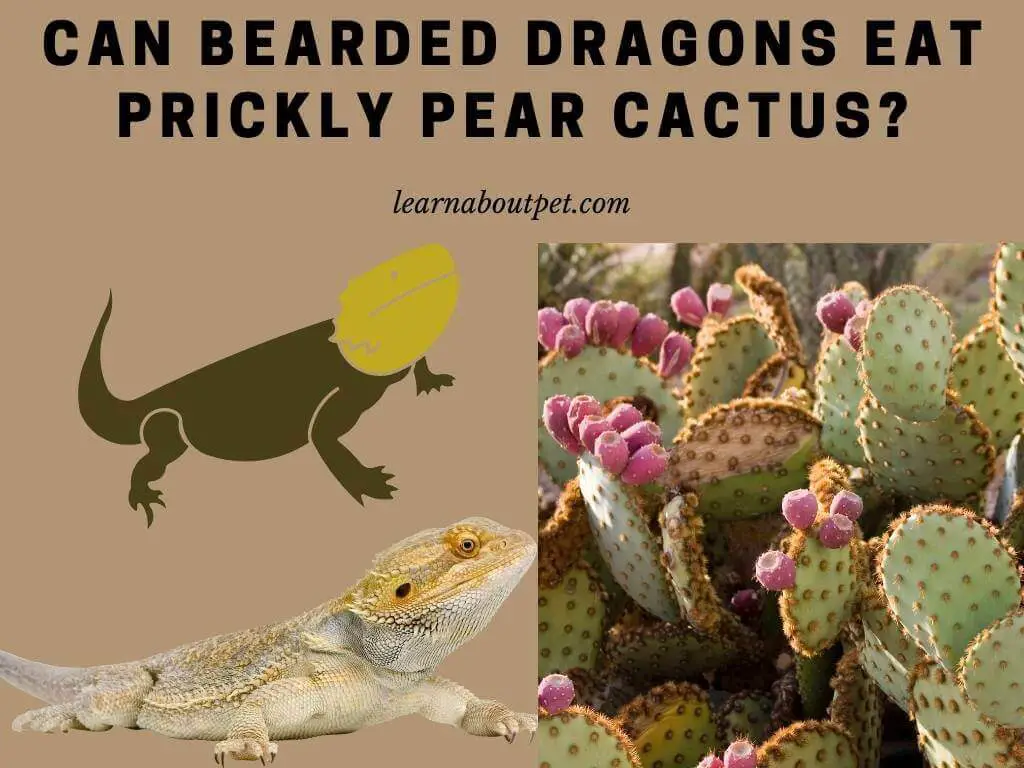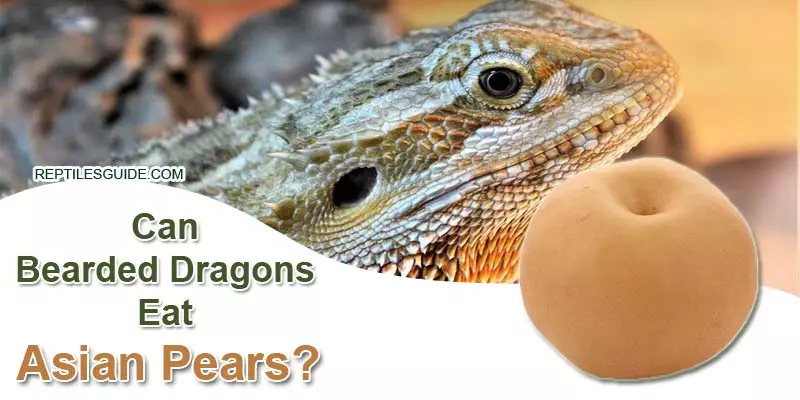
Bearded dragons, known for their unique appearance and gentle demeanor, are popular reptilian pets. As responsible owners, it’s crucial to ensure their diet is balanced and meets their nutritional needs. While fresh fruits and vegetables are generally beneficial for these creatures, can dragons eat pears?
Eating pears in moderation can be a healthy addition to a bearded dragon’s diet. Pears are a good source of hydration and contain beneficial vitamins and minerals. However, it’s essential to choose ripe, soft pears and remove the skin and seeds before offering them to your dragon. Feeding them in small, bite-sized pieces is also recommended to prevent choking hazards.
Bearded dragons have specific dietary requirements, and a diet primarily consisting of fruits can lead to health issues such as nutritional deficiencies and digestive problems. Therefore, pears should be offered as an occasional treat rather than a staple food. A balanced diet for bearded dragons should mainly consist of leafy greens, insects, and other vegetables, with fruits like pears being offered sparingly.
Benefits of Feeding Pears to Bearded Dragons
Nutritional Value of Pears
Pears are a good source of essential vitamins and minerals that can support the overall health of bearded dragons. They contain high levels of vitamin C, which plays a crucial role in boosting the immune system and promoting healthy skin. Pears also provide vitamin K, which helps with blood clotting, and vitamin E, which is important for reproductive health.
Pears are low in fat and cholesterol, making them a healthy choice for bearded dragons. They are also a good source of dietary fiber, which aids in digestion and helps prevent constipation. The natural sugars found in pears provide a quick boost of energy for bearded dragons without causing unhealthy spikes in blood sugar levels.
Hydration and Digestion
In addition to being nutrient-dense, pears are also a good source of hydration for bearded dragons. The high water content in pears can help prevent dehydration and promote healthy kidney function. Adequate hydration is essential for the overall well-being of bearded dragons.
The fiber content in pears aids in digestion by promoting regular bowel movements. This can help prevent digestive issues such as bloating and constipation in bearded dragons. Including pears in their diet can contribute to a healthy digestive system.
Feeding Pears in Moderation
When feeding pears to bearded dragons, it’s crucial to ensure they are ripe and free from any pesticides or chemicals. It’s recommended to thoroughly wash the pears and remove the seeds before serving them to bearded dragons. Cutting the pear into small, manageable pieces will make it easier for them to eat and digest.
| Benefits of Feeding Pears to Bearded Dragons: |
|---|
| – High in essential vitamins and minerals |
| – Low in fat and cholesterol |
| – Good source of dietary fiber |
| – Provides hydration for bearded dragons |
| – Aids in digestion |
Considerations Before Feeding Pears to Bearded Dragons
1. Moderation is Key
2. Balance with Other Foods
Although pears can be a nutritious addition to a bearded dragon’s diet, it’s crucial to ensure a balanced nutritional intake. Their diet should primarily consist of insects, such as crickets and mealworms, as well as leafy greens. Pears should be offered alongside other fruits and vegetables to provide a diverse range of nutrients.
3. Avoid Feeding Seeds and Skin
When offering pears to bearded dragons, it’s essential to remove the seeds and skin. The seeds of pears can be a choking hazard and may cause digestive issues. Additionally, the skin can be tough to digest and may cause gastrointestinal problems. Make sure to thoroughly peel and deseed the pear before offering it to your bearded dragon.
4. Consider Any Allergies or Sensitivities
5. Age and Health of the Bearded Dragon
The age and health of the bearded dragon should also be taken into consideration when feeding pears. Juvenile bearded dragons require a different diet than adult dragons. Additionally, if your dragon has any underlying health conditions, it’s best to consult with a reptile veterinarian to determine if pears are suitable for their specific needs.
| Considerations Before Feeding Pears to Bearded Dragons |
|---|
| 1. Moderation is Key |
| 2. Balance with Other Foods |
| 3. Avoid Feeding Seeds and Skin |
| 4. Consider Any Allergies or Sensitivities |
| 5. Age and Health of the Bearded Dragon |
How to Prepare Pears for Bearded Dragons
1. Wash the Pears

Before feeding pears to your bearded dragons, make sure to thoroughly wash them. This will help remove any dirt, pesticides, or residue that may be present on the skin. Use cool water and a gentle scrub brush to clean the surface of the pears.
2. Peel the Skin
While the skin of pears is safe for bearded dragons to eat, it can be challenging for them to digest. To make it easier for your pet, consider peeling the skin off the pears before serving. This will also help prevent any potential choking hazards.
3. Remove the Seeds
Pears contain seeds that can pose a risk to your bearded dragon’s health. They may cause blockages in their digestive system or pose a choking hazard. Therefore, it is crucial to remove all the seeds from the pears before feeding them to your reptile friend. Cut the pear into slices or cubes and carefully remove any seeds you find.
4. Cut into Appropriate Sizes
After washing, peeling, and removing the seeds, you should then cut the pear into small, bite-sized pieces that are suitable for your bearded dragon to consume. This will help prevent them from choking and make it easier for them to eat and digest the fruit.
How Often Can Bearded Dragons Eat Pears?
As a general guideline, it is recommended to offer pears to your bearded dragon no more than once a week. While pears are high in fiber and contain essential vitamins and minerals, feeding them too frequently can lead to digestive issues, such as diarrhea. This is because pears are also high in natural sugars.
Additionally, always wash the pear thoroughly before offering it to your bearded dragon to remove any pesticides or dirt that may be present on the fruit.
Remember to observe your bearded dragon after feeding them pears. If you notice any digestive issues or changes in their stool, it may be a sign that you are offering them pears too frequently. In such cases, it is best to reduce the frequency of pear consumption and consult with a veterinarian if necessary.
Other Fruits to Include in a Bearded Dragon’s Diet
1. Apples
Apples are a popular choice for bearded dragons. They are high in vitamins A and C, which are essential for a healthy immune system. Be sure to remove the seeds and core before feeding them to your dragon.
2. Berries

Bearded dragons enjoy a variety of berries, such as strawberries, blueberries, and raspberries. Berries are packed with antioxidants and provide a tasty treat for your dragon.
3. Grapes

Grapes are another fruit that bearded dragons can eat. They are a great source of hydration and provide vitamins and minerals. However, be sure to cut them into small pieces to prevent choking.
4. Mangoes
Mangoes are a tropical fruit that can be offered to bearded dragons in moderation. They are high in vitamins A and C and provide a delicious and juicy snack.
5. Papayas
Papayas are a great source of vitamins and minerals for bearded dragons. They are also known to aid in digestion and can be offered as a treat once or twice a week.
6. Watermelon
Remember to always wash fruits thoroughly before feeding them to your bearded dragon and to offer them in appropriate portions. Variety is key to providing a balanced and nutritious diet for your pet.

I’m Lena Adams—a product of an unconventional upbringing in the African wilderness. My father, a daring explorer of African wildlife, sparked my fascination with reptiles, a passion that intertwined with the tragic loss of my mother during an expedition, leaving an indelible mark on my life. Driven to understand the creatures that captivated my parents, I embarked on my journey, sharing insights about reptiles, frogs, and lizards on my website. Through my explorations and conservation efforts, I honour my family’s legacy while seeking connections—to the creatures, nature, and the mother whose presence I yearn to understand.
